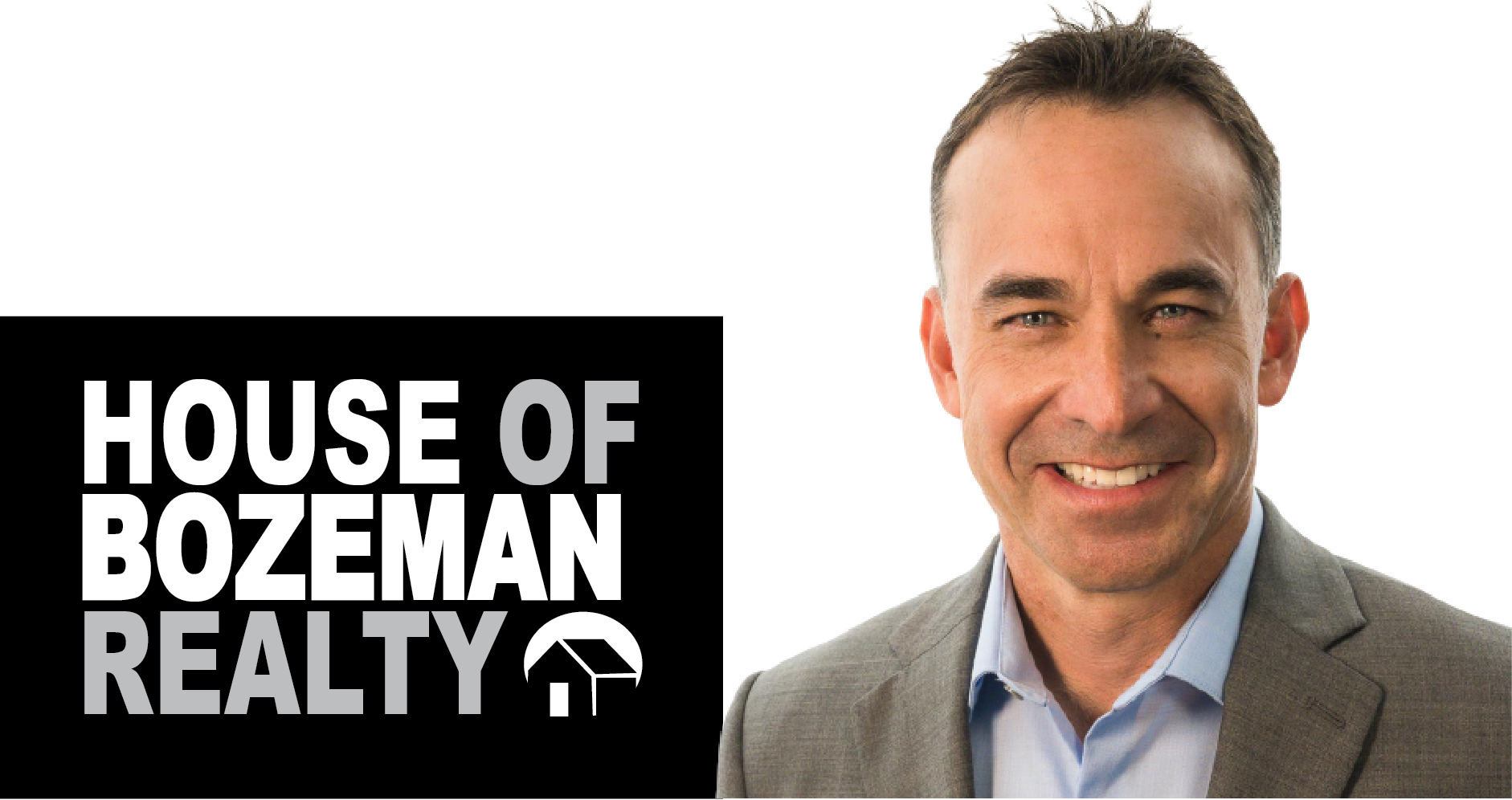- Adjustable-rate mortgage, or ARM — A home loan in which the interest rate changes periodically based on a standard financial index. Most ARMs have caps on how much an interest rate may increase.
- Annual percentage rate, or APR — A standardized method of calculating the cost of a mortgage, stated as a yearly rate, which includes such items as interest, mortgage insurance and certain points or credit costs. Because it includes these other items, it is higher than the interest rate a lender will quote.
- Appraisal — A written report by a qualified, licensed appraiser estimating the value of a property.
- Balloon mortgage — A loan that offers lower monthly payments for a specific period of time, which usually is anywhere from three years to 10 years. After that, a borrower must pay off the principal balance in a lump sum, or balloon payment. Under certain conditions, the mortgages can be converted to fixed-rate or adjustable-rate loans. Many borrowers either sell their homes before they get to their due dates or refinance their balances into new mortgages. Balloon loans can make sense for borrowers who don’t intend to live in the home long. If plans change however, borrowers will have to pay off or refinance the balance.
- Balloon payment — A lump sum payment that is larger than the other, periodic payments. It pays off the remaining balance of a loan.
- Closing costs — Expenses incurred by buyers and sellers when transferring ownership of property. Closing costs normally include an origination fee, attorney’s fee, taxes, escrow payments, title insurance and sometimes discount points. Lenders must provide good-faith estimates of closing costs to prospective home buyers.
- Escrow — An account in which a neutral third party holds the documents and money in a real estate transfer until all conditions of a sale are met. Also, an account in which money for property taxes and insurance is held until paid; money is added to the account every time a mortgage payment is made.
- Fixed-rate mortgage — A home loan in which the interest rate will remain the same through the life of the loan, most often 30 years, but sometimes 15.
- Good faith estimate, or GFE — A written estimate of expected closing costs that a lender must provide a prospective home buyer within three days of the home buyer submitting a mortgage loan application. Brokers and lenders are required by law to make as accurate an estimate as they can.
- Homeowners insurance — An insurance policy that includes hazard coverage, covering loss or damage to property, as well as coverage for personal liability and theft.
- Interest-only mortgage — An adjustable-rate mortgage that allows borrowers to pay only the interest for a specified period of time. Interest-only mortgages are considered risky.
- Point — Factored into the loan’s APR, a point equals 1 percent of a mortgage loan. Some lenders charge “origination points” to cover expenses of making a loan. Some borrowers pay “discount points” to reduce the loan’s interest rate.
- Principal — The amount of debt, excluding interest, left on a loan.
- Private mortgage insurance, or PMI — An insurance policy that protects the lender against default on loans by providing a way for mortgage companies to recoup the costs of foreclosure. PMI is usually required if the down payment is less than 20 percent of the sale price. Home buyers pay for the coverage in monthly installments. PMI should be terminated when the home buyer has built up 20 percent equity in the property.
- Title insurance — A policy that guarantees that an owner properly has title to a property and can legally transfer title to someone else. Should a problem arise, the title insurer pays any legal damages. A policy may protect the mortgage lender, the home buyer or both.
Here are some additional links for Buyers.
